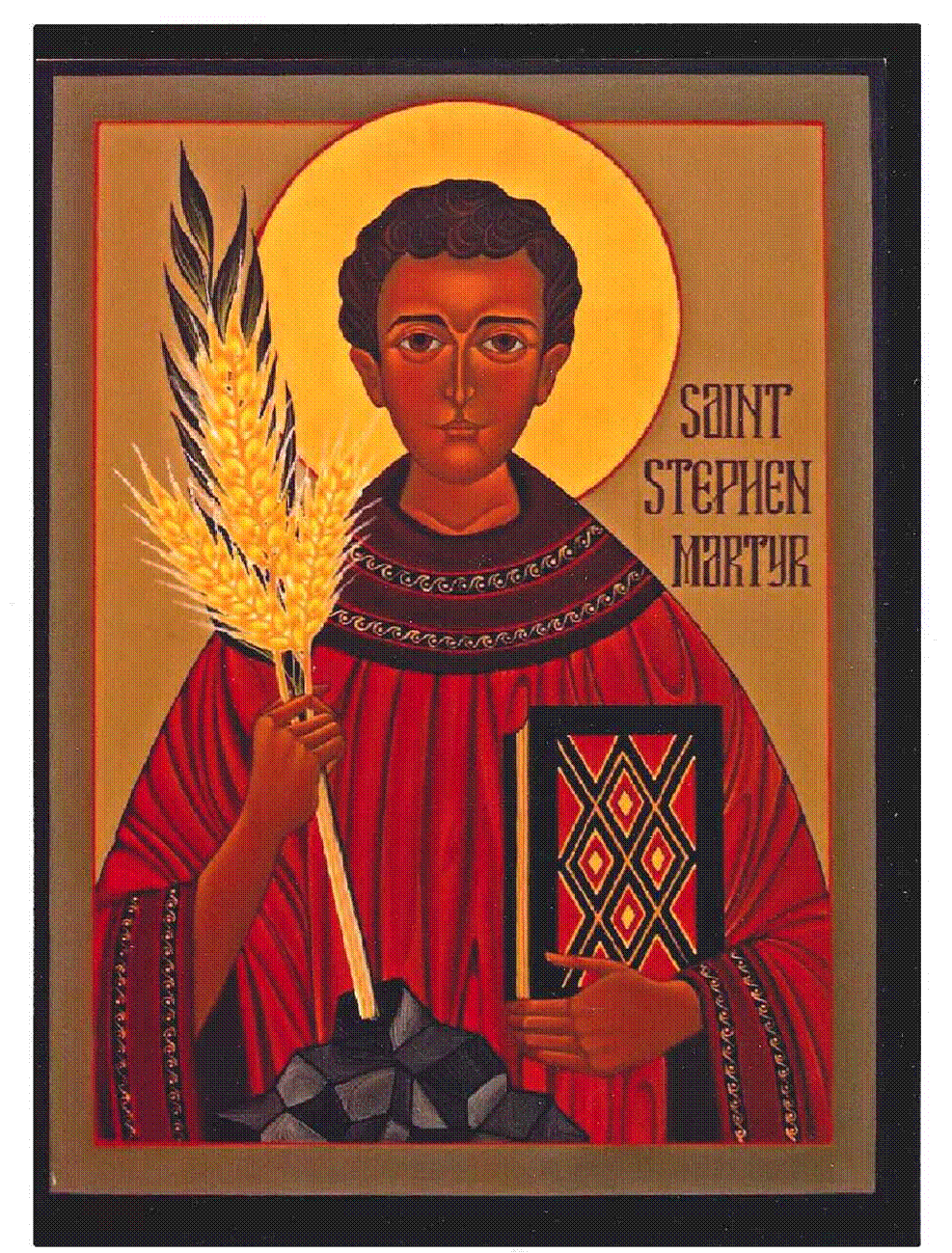The Living Word of God
- Mar 4, 2015
- 2 min read

Richard Rohr in his Tuesday daily meditation talks about the Jewish practice of Midrash being the way that Jesus would have interpreted Scripture and suggests we practice the same kind of interpretation. “Midrash,” he says, “is a way of interpreting Scripture that fills in the gaps, questioning and imagining a multitude of interpretations possible. Midrash allows the text and the Spirit of God to open up the reader, instead of closing down the possibility of being changed by latching onto one final, closed, and forever certain interpretation.”
Rohr continues, “Unlike Christianity's post-Reformation and post-Enlightenment approach to Scripture, midrash does not look for the one and only interpretation. Jewish commentaries on Scripture invariably say, ‘It could mean this, and it could mean that, and let's think about it this way for a while.’”
I suppose for some that sounds like a giving-up on truth, but I think it’s in that conversation that the words become the Living Word that grabs hold of us and will not let us go. When we try to nail down the meaning of a passage in Scripture we deaden it; we lessen its power. It’s tempting to try to wrestle a passage into what we want it to say rather than let go and let it become the living, uncontrollable, inspiring Word of God that it is. Could it be that part of why Jesus teaches so often in parables is to keep us from thinking that we’ve arrived; that we’ve understood everything and thereby, are no longer in need of God or no longer in need of studying God’s Word?
Rohr speaks of a hierarchy of truths: “Not all truths are created equal, or of equal importance. Something might be true merely on a psychological level or a historical level or a mythological level. For some sad and illogical reason, fundamentalists think the historical level is the "truest" one. ‘Did it really happen just that way?’ That is actually one of the least fruitful levels of meaning.”
The Bible studies we have on Sunday mornings at 8:30 am and Wednesday mornings at Lincoln Towers at 11:00 am are more in the Midrash tradition. We don’t spend much time on factual questions; we don’t want to keep the Word in the past and away from our lives; we wrestle with the Word like Jacob wrestled with the angel; there’s danger in that because if you know the story, Jacob was transformed and renamed.
So I invite you to come and risk the Word grabbing hold of you – if you can’t make it those mornings, come on Wednesday evening during Lent. Or open up your Bible and read it yourselves.
Just remember, “If you don't interpret a text with a pre-existing condition of faith and love, your egocentricity, your agenda, and your anger can always be presumed to be in charge, and you will interpret the Bible in whichever way you want.” Martin Luther said essentially the same thing when he said Scripture was the manger that held Christ, meaning the passages and the way of our reading them should reveal not “a punitive, exclusionary, imperialistic, small or tribal” God but a God of infinite compassion and mercy.
--Pastor Dianne
(In addition to the above link, Richard Rohr's daily meditation can be found on Facebook.
































Comments